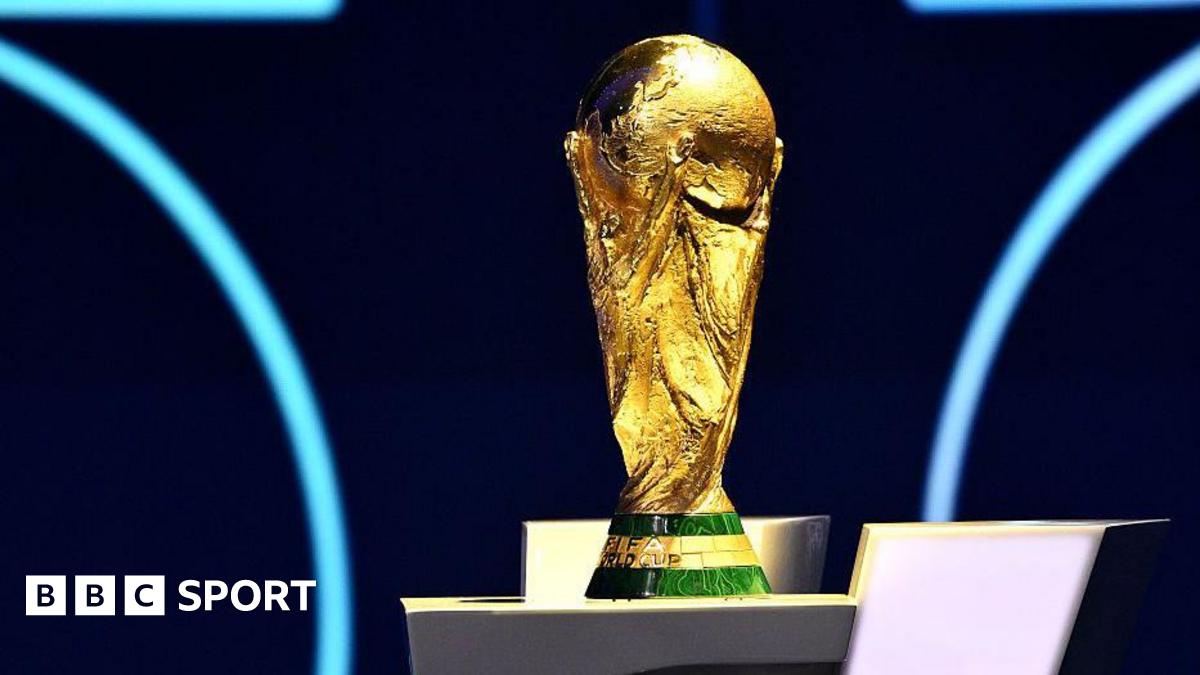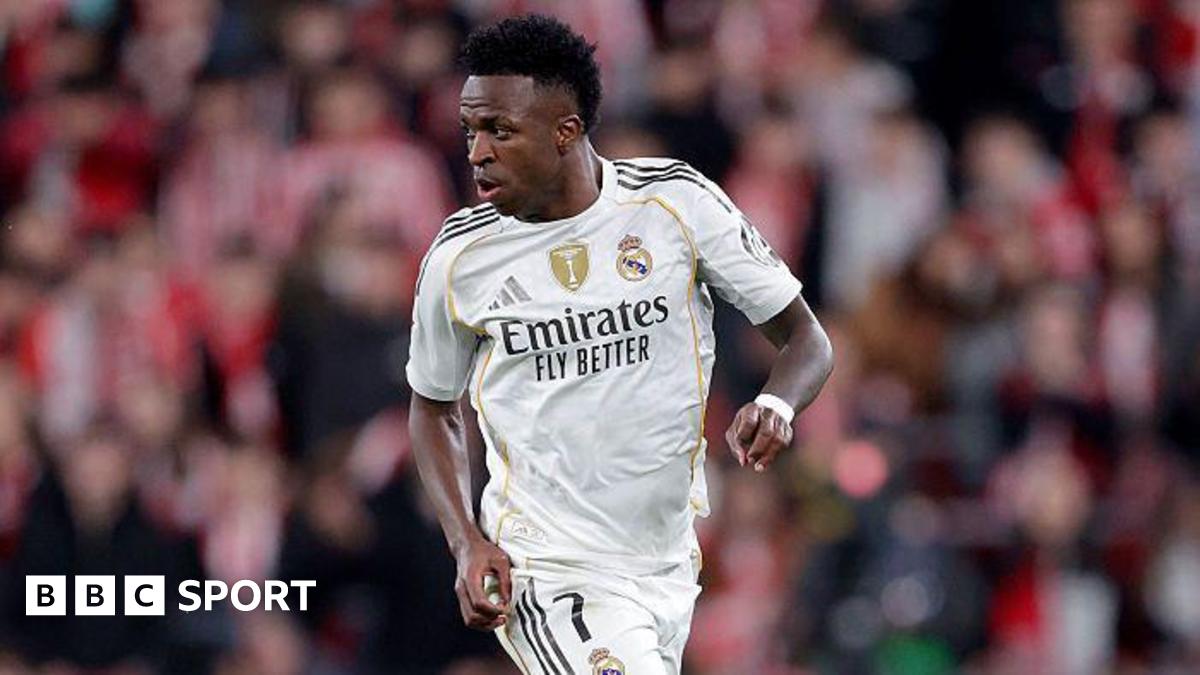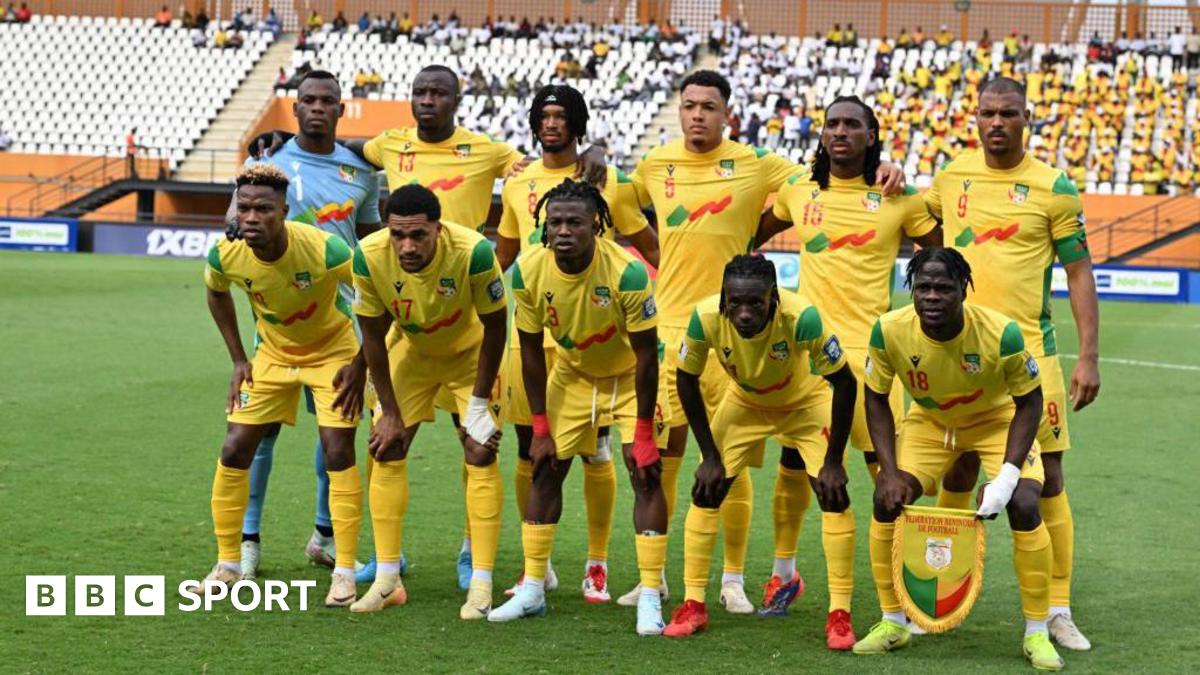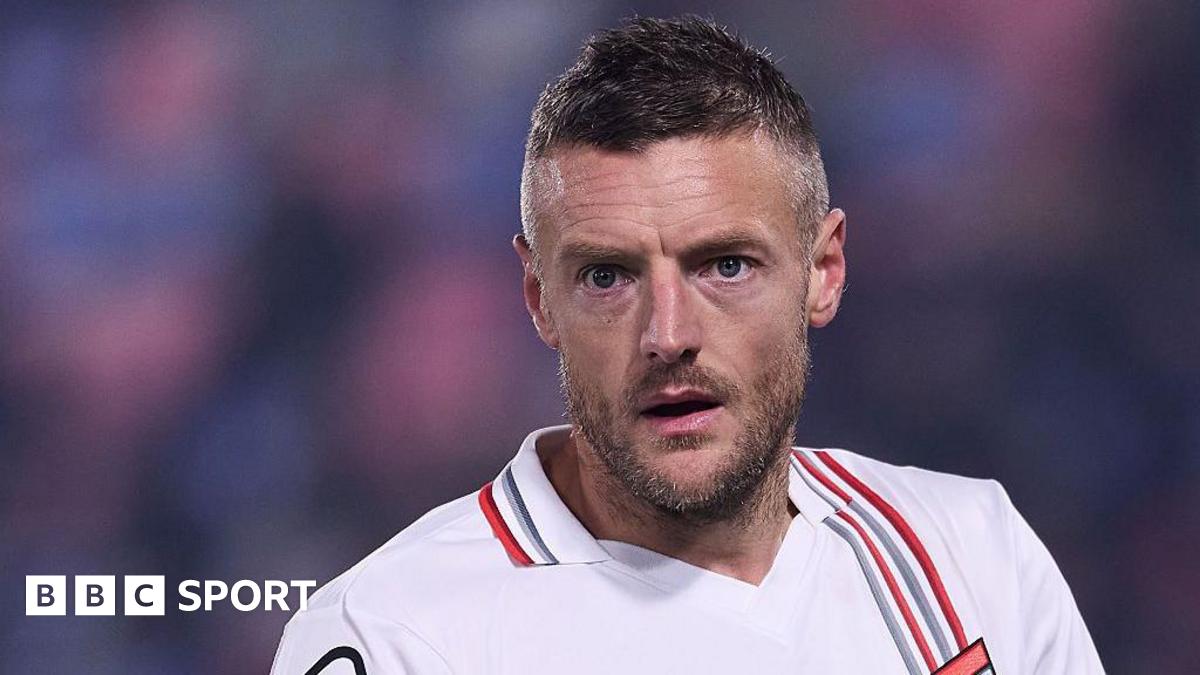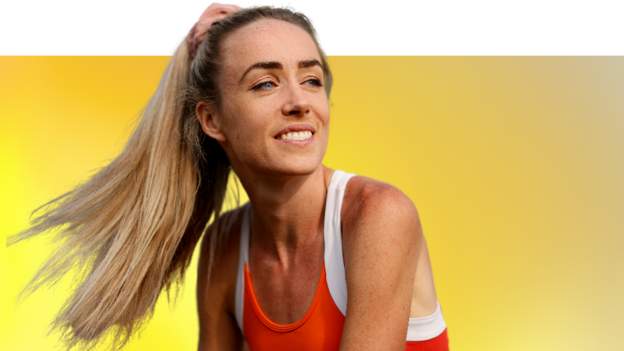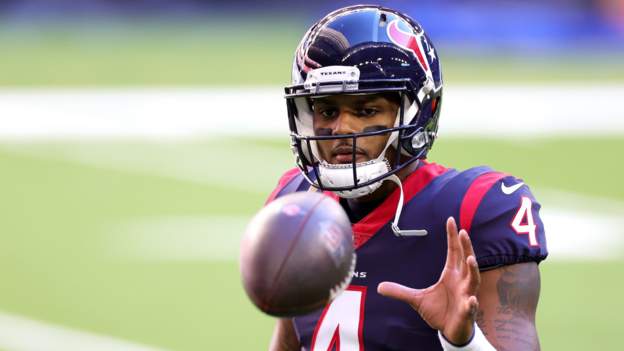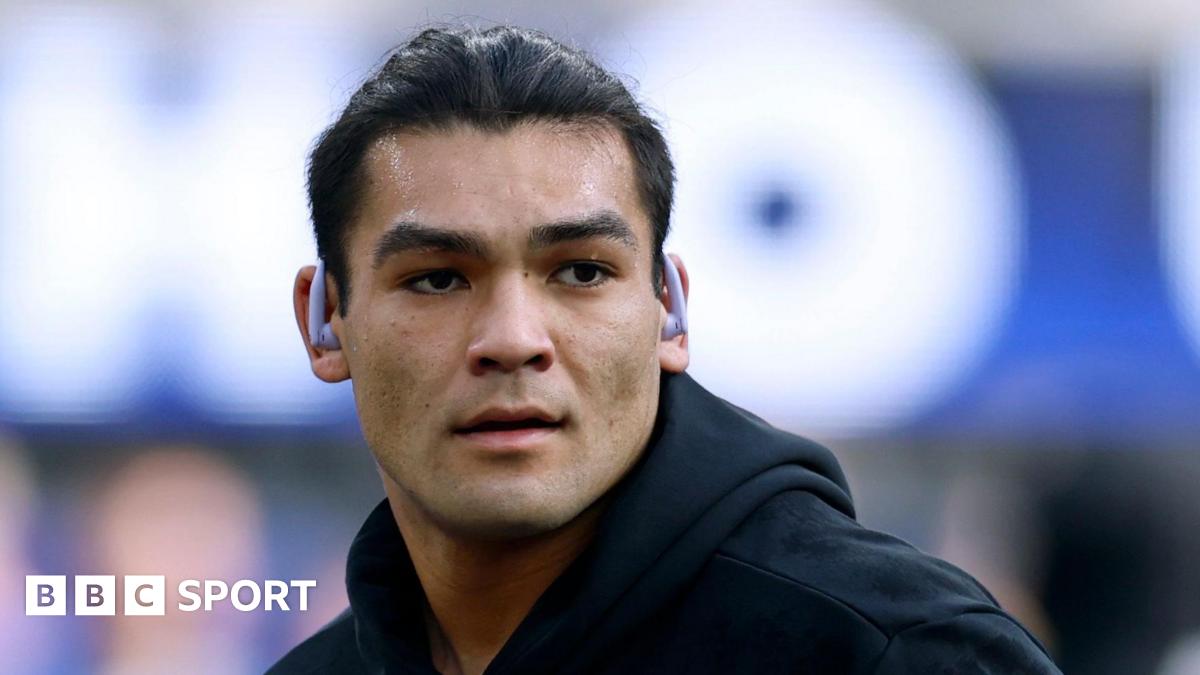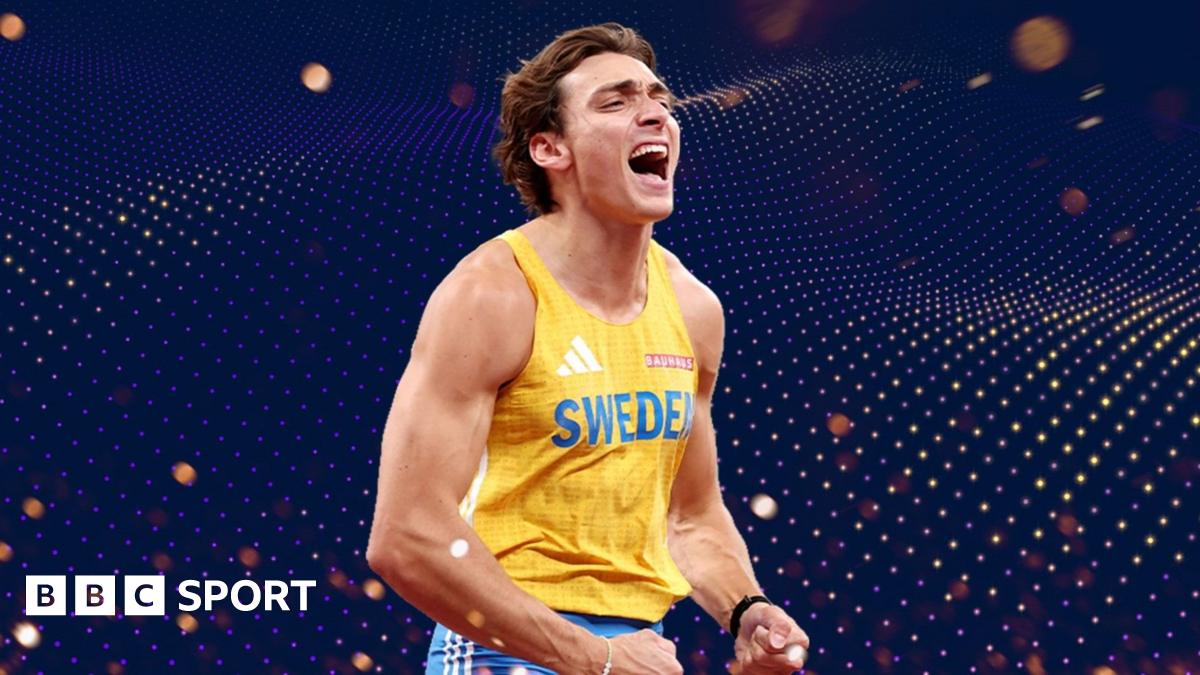| Hosts: Birmingham Dates: 28 July to 8 August |
| Coverage: Watch live on BBC TV with extra streams on BBC iPlayer, Red Button, BBC Sport website and BBC Sport mobile app |
Scotland has seen a gold rush of world-class athletes over the last few years. But how has our wee nation managed to become a powerhouse in middle-distance running on a global stage?
From my own mother and world champion Liz McColgan to the latest to claim that title, Jake Wightman – we must be doing something right.
Over the last few years, 1500m running in particular has been elevated to a different level in Scotland.
Laura Muir has been a leading force on the women’s side, but what’s even more remarkable is we have not one, not two, but three, genuine world-class athletes on the men’s side, too.
In recent times, the British Championships have become a battle of the Scots for bragging rights – and there’s no doubt we are sending one of the world’s strongest teams to the Commonwealth Games in Wightman, Josh Kerr and Neil Gourley.
Success breeds success. Eilidh Doyle was the first Scottish athlete I watched get into GB teams and it’s no coincidence that Laura – who went to the same high school – was inspired by Eilidh too.
It only takes one athlete to break the ceiling before others start to believe it’s possible. Seeing is believing.
I hope Laura, Andy Butchart, Callum Hawkins, myself and the many others, can inspire the next generation of youngsters to think big – because it doesn’t matter where you come from.
‘I used to eat butter from the tub… like a bear’
Mind you, when I look back to my childhood, I’m not sure how I’ve made it this far in life.
My granny and granda Lynch lived at the bottom of my road and, like any Scottish grandparents, loved to feed the weans up.
I used to race back from primary school to spend the rest of the day at their wee bungalow, where I’d live off Irn-Bru, Tunnock’s Teacakes and stovies.
My granny also used to let me eat butter straight from the tub. Scooping it out with my bare hands like some sort of bear.
I’m not sure I can argue that this upbringing of fizzy drinks and lard has been an avenue to success. I’m almost certain no dietician would recommend it, but it doesn’t seem to have hampered my athletic ability thus far.
There is a huge pride in being Scottish. A togetherness that’s difficult to explain to my fellow GB athletes. Perhaps there is a little bit of ‘despite the odds’ syndrome, the feeling of being an underdog that drives ambition.
But we all believe success on the world stage is possible now. When I first came into athletics, the goal was to make a Scotland team. Worlds and Olympics seemed so far out of my reach.
But now we have youngsters with high ambitions. They want to become Olympians and, more importantly, they believe they can become Olympians.
That is now deeply-rooted throughout athletics in Scotland, meaning our Commonwealth team becomes stronger every cycle, as athletes aim for global championships.
‘My first Scottish medal was actually in the javelin’
Scottish Athletics have also made some good decisions over the years too.
In the build-up to Glasgow 2014, they created a funding system which effectively was a watered-down version of what UK Athletics have. It wasn’t a huge amount of money but enough to support training camps or physiotherapy costs.
Many of this current generation have benefited from it. And although there is no funding levels now, Scottish Athletics do have the capacity to help athletes on an ad-hoc basis.
I know plenty who have been helped to go to altitude camps or race abroad so that they can get a qualifying time. I’m not sure if other home nations provide this level of support.
Before we even get to that stage, the club system plays a vital role. When I started at Dundee Hawkhill Harriers, I was encouraged to try all events and my first Scottish medal was actually in the javelin. I know…
But it was crucial for my early development to learn the basics of speed, balance and agility. It meant I could specialise in distance running at a later age and not to burn out too soon. It actually wasn’t until I was around 17 I started to do that.
And Scotland has taken another step in strengthening that club system with Club Together, which provides funding at grassroots level to identify areas that need support and address the issue of a shortage of coaches and officials.
Another element is they make us toughen up in Scotland. I remember my boyfriend joking with me about the weather once as we drove to Dundee from Manchester.
He said it would be about 10 degrees colder by the time we got there. I challenged him on it and then, as every half hour went by, the car thermometer continued to drop.
Scottish winters are particularly brutal. It takes a certain type of person to get out the door several mornings a week in minus temperatures, rain and hailstones. But we still get out and get it done. You notice a big difference when you head down south for the British Champs – it’s almost tropical!
That sort of grit is formed from an early age. Traveling the length and breadth of Scotland, taking part in the coldest, muddiest cross-country events you can ever imagine. But we all did it – Muir, Wightman, Hawkins, Butchart.
It is a rite of passage in Scotland. That’s what sets athletes apart. If you want it badly enough, you’ll grind it out.
Scottish representation on Team GB growing
I should say almost all of the current crop spend little time at home now. The majority of elite endurance athletes will train at altitude – and sadly there are no tracks at the top of Ben Nevis. Maybe I can start a petition…
Kerr and Gourley spend their time in the United States, Muir and Jemma Reekie in South Africa or Switzerland, and myself between the UAE for warm weather and the US and France for altitude.
But every single one of us came through the Scottish club system and got our first taste of these all-important altitude camps through the support of Scottish Athletics.
At last month’s World Championships in Eugene, we had 11 Scots in the GB team and they won one gold, one bronze and a relay medal. Considering the entire team brought home seven in total, it’s an impressive return.
And our representation on teams continues to grow. In Tokyo, we had 12 Scots, three down on Rio, but better than any other Olympics since 1908 except Munich – where we also had 12 – almost half a century ago.
That’s great for us who are competing, but it also helps build a feel-good factor, which resonates between athletes as we aim to emulate each other.
And it’s not just the seniors either. Scotland’s seven representatives won four medals at the recent European Under-18 Championships in Israel.
I’d like to pretend there’s something in the water or that it’s one simple element that can be replicated to create an array of top athletes, but in all honesty, it comes down a multitude of factors.
And there is no getting away from the fact the key is the athlete themselves and the coaches who have supported them.
Those who have stuck by them through the early development years, the injuries, the illnesses, the ups and downs of sport. The athletes and coaches who have adapted and evolved, learned from their past mistakes, worked harder than they ever imagined and pushed their limits.
And when it comes down to it, the ones who have the most grit.






